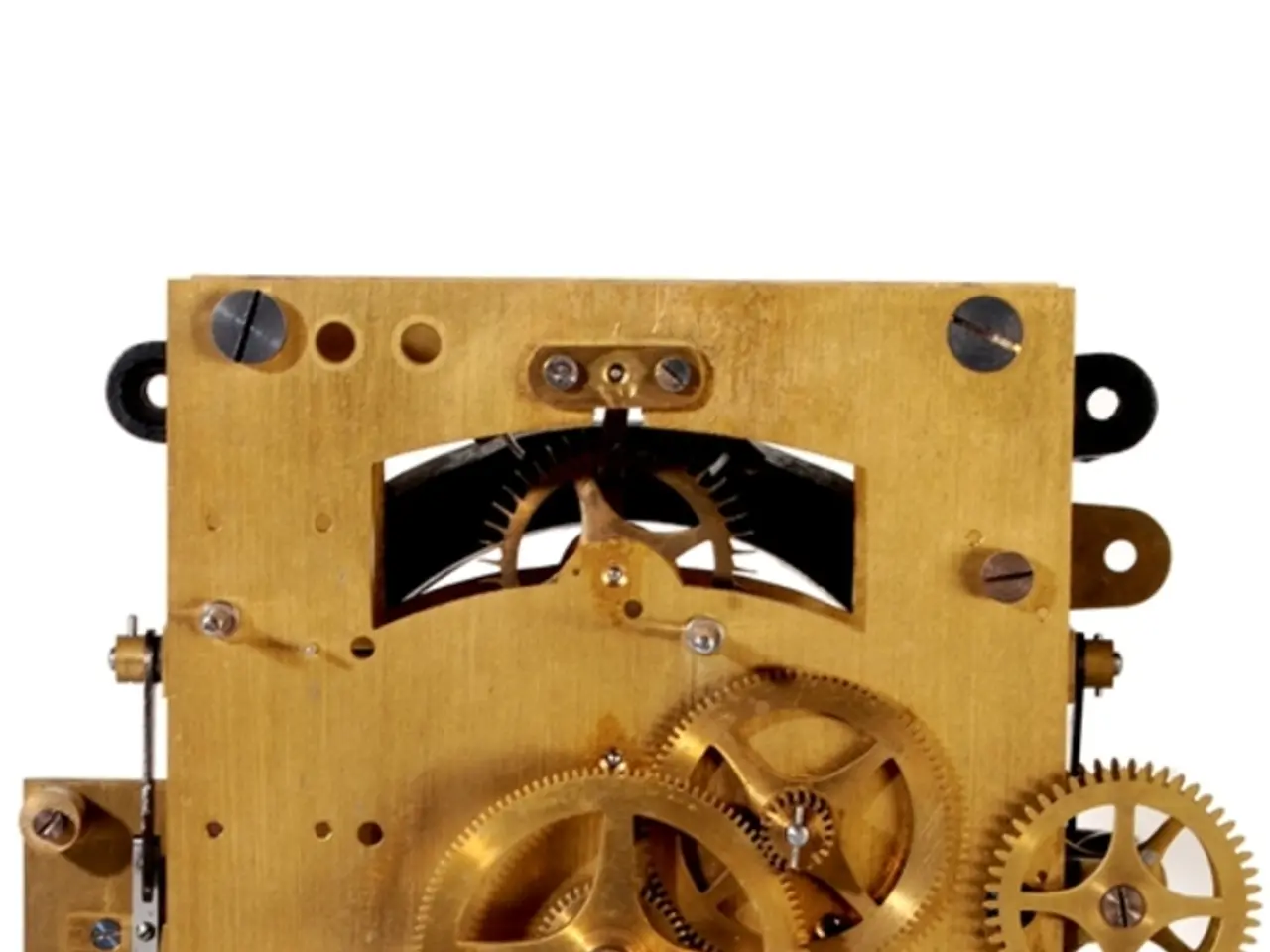Prompting Immediate Action: Enhance Efficiency and conquer procrastination through the application of the Two-Minute Rule for getting tasks started.
The Two-Minute Rule is a popular productivity strategy that has been gaining traction in recent years, originating from David Allen's book "Getting Things Done" and later expanded upon by James Clear in "Atomic Habits." This simple yet effective approach encourages taking immediate action on small tasks to boost productivity and reduce the mental burden of a growing to-do list.
At its core, the Two-Minute Rule states that if a task takes less than two minutes to complete, you should tackle it straight away rather than putting it off. This principle aims to minimize procrastination by breaking down tasks into manageable actions, preventing them from piling up and overwhelming you.
David Allen's original concept focuses on immediate task management, suggesting that clearing small tasks like replying to emails or tidying up can help maintain productivity and mental clarity. James Clear, on the other hand, applies this idea to habit formation, encouraging starting new habits with actions that can be completed in under two minutes to make it easier to get started and build momentum.
One of the key benefits of the Two-Minute Rule is its ability to streamline daily tasks, making it easier to stay focused and organized. By taking care of small tasks promptly, you can avoid the accumulation of unfinished duties, allowing you to concentrate on more critical tasks without distractions.
In addition, completing quick tasks can trigger the Zeigarnik Effect, a psychological phenomenon that relieves psychological tension and makes it easier to engage with more complex tasks later. This effect can help you stay focused and motivated, even when tackling challenging projects.
Adopting the Two-Minute Rule can also help you overcome obstacles when implementing the strategy. Setting clear priorities, creating a structured environment, and reminding yourself of small accomplishments can all contribute to a successful implementation of the rule.
To make the most of the Two-Minute Rule, consider dedicating a focused block of time, such as 10 or 15 minutes, to tackle small tasks. This approach can lead to improved outcomes for tasks that require planning or critical thinking. For example, spending two minutes organizing your workspace in the morning can help you start your day focused and prepared.
In conclusion, the Two-Minute Rule is a powerful productivity strategy that can help you stay focused, organized, and efficient. By taking immediate action on small tasks and minimizing procrastination, you can significantly reduce the mental burden of tasks piling up and improve your overall productivity. Whether you're looking to boost your productivity or build new habits, the Two-Minute Rule is a simple yet effective tool that can help you achieve your goals.
References:
- Allen, D. (2001). Getting Things Done: The Art of Stress-Free Productivity. Viking.
- Clear, J. (2018). Atomic Habits: An Easy & Proven Way to Build Good Habits & Break Bad Ones. Penguin Random House.
- Newport, C. (2016). Deep Work: Rules for Focused Success in a Distracted World. Grand Central Publishing.
- The realm of education-and-self-development, especially in personal-growth literature, often highlights the Two-Minute Rule as an effective strategy for boosting productivity and managing time.
- Women, in particular, might find the Two-Minute Rule beneficial, considering the multiple roles they often juggle, making it essential to streamline daily tasks and maintain focus and attention.
- By consistently following the Two-Minute Rule, one can foster a supportive environment for productivity, enabling personal-growth and success, as outlined in books like "Getting Things Done" by David Allen and "Atomic Habits" by James Clear.
- In maintaining a productive lifestyle, understanding and enhancing executive function, a cognitive skill that involves task management, planning, and attention, are crucial. The Two-Minute Rule, with its emphasis on immediate action and procrastination avoidance, can help individuals strengthen their executive function skills.
- In an age where distractions abound, incorporating the Two-Minute Rule into one's daily routine could be a game-changer, contributing to productivity and promoting a sense of accomplishment, thus fostering overall well-being and personal growth.
- By implementing the Two-Minute Rule, one can effectively break the cycle of procrastination, ultimately realizing the potential for greater productivity and personal growth, as supported by works like "Deep Work" by Cal Newport.




